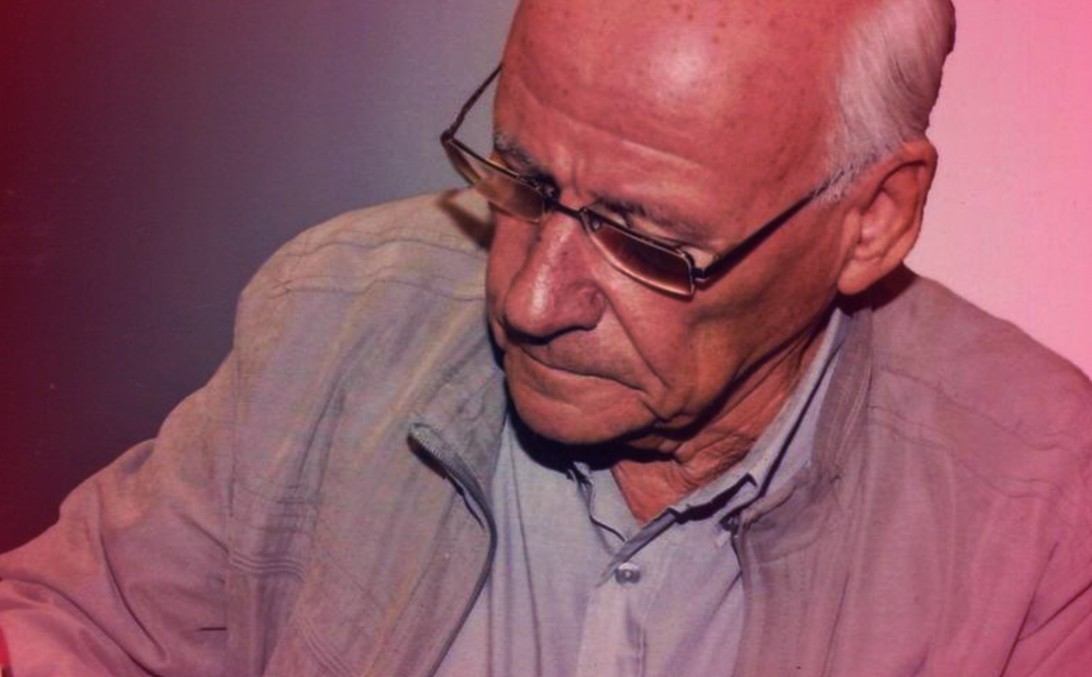Who is Crystal Mangum: Early Life, Family, Career, and 'False Raping'
Who Is Crystal Mangum?
Crystal Mangum, a name etched into the annals of American legal and social controversy, rose to infamy in 2006 when she falsely accused three Duke University lacrosse players of rape.
Born on July 18, 1978, in Durham, North Carolina, Mangum’s life has been a tumultuous journey marked by family challenges, brushes with the law, and a series of pivotal events that have shaped her legacy. Her story, steeped in themes of gender, race, class, and justice, continues to spark debate nearly two decades later.
This article explores her life, the infamous case, her subsequent legal troubles, and her eventual confession of fabricating the accusations.
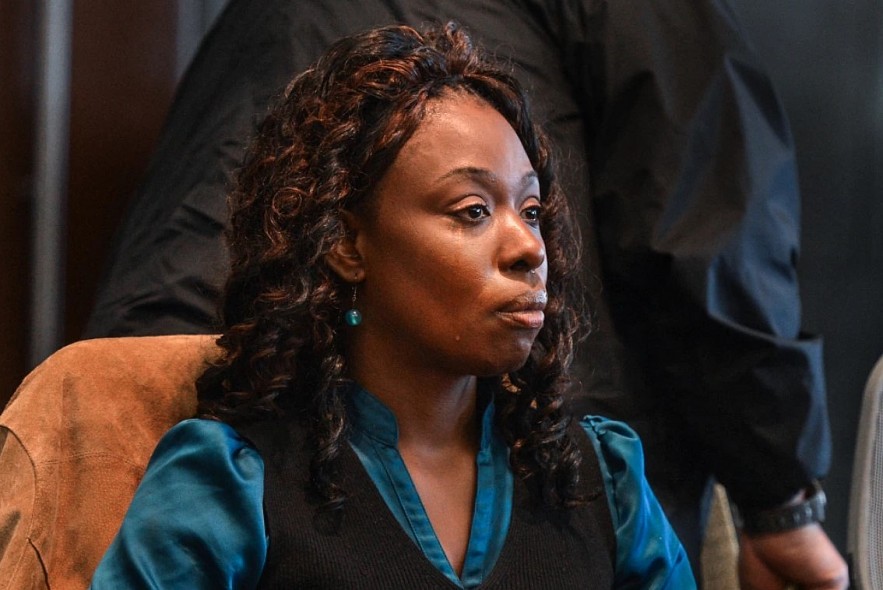 |
| Woman who accused Duke lacrosse players of rape in 2006 now admits she lied |
Early Life and Background
Crystal Gail Mangum was raised in Durham, a city that would later serve as the backdrop for her most infamous claim. Details about her early family life remain scarce, though it is evident she grew up in a modest environment. By her late twenties, Mangum was a single mother working as an exotic dancer while pursuing her education at North Carolina Central University, a historically Black institution in Durham.
Despite her efforts to balance work, studies, and motherhood, Mangum’s life trajectory took a dramatic and controversial turn in March 2006, thrusting her into the national spotlight.
Crystal Mangum - Mother of Three Children
Crystal Mangum is a mother of three children. She has navigated complex personal relationships throughout her life. While specific details about the fathers of her children are not publicly disclosed, it is known that she has been involved in several significant relationships.
During her time in the U.S. Navy, Mangum married Kenneth Nathanial McNeill. However, their marriage was reportedly troubled, with Mangum alleging abuse, including threats to her life. This relationship ended, and she later became involved with another sailor, with whom she had two children.
In 2011, Mangum was in a relationship with Reginald Daye. This relationship ended tragically when she fatally stabbed Daye during a domestic dispute. Mangum claimed self-defense, but she was convicted of second-degree murder in 2013 and sentenced to 14 to 18 years in prison.
As of now, Mangum is incarcerated at the North Carolina Correctional Institution for Women, with a projected release date of February 27, 2026.
The Duke Lacrosse Case
On March 13, 2006, Mangum and another dancer were hired to perform at a party hosted by members of Duke University’s lacrosse team. The night spiraled into chaos when Mangum claimed that three players—Reade Seligmann, Collin Finnerty, and David Evans—had raped her in a bathroom.
The allegations ignited a media firestorm, touching on contentious issues such as race, privilege, and the treatment of women. Mangum, a Black woman, accused three white men from a prestigious university, creating a narrative rife with societal tensions. These factors ensured the case would dominate headlines for months.
However, cracks in Mangum’s story began to emerge. Investigations revealed inconsistencies in her account, and crucial DNA evidence failed to link the accused players to her claims. Despite this, Durham County District Attorney Mike Nifong aggressively pursued the case, leading to the indictment of Seligmann, Finnerty, and Evans.
As the case unfolded, it became clear that Mangum’s allegations were unfounded. In 2007, the charges were dropped, and the players were declared innocent. The fallout was immense: Nifong was disbarred for unethical conduct, including withholding exculpatory evidence and making inflammatory public statements. The Duke lacrosse case became a cautionary tale of prosecutorial misconduct and the dangers of media sensationalism.
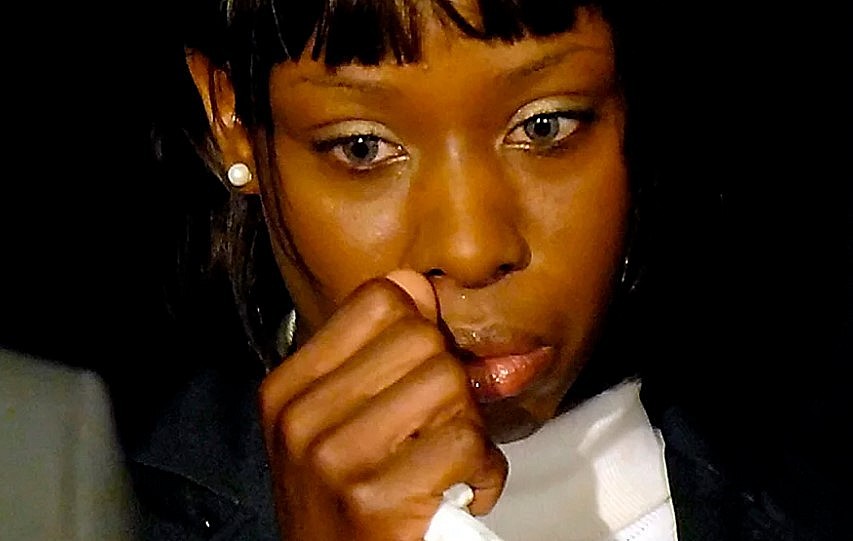 |
| One-time accuser Crystal Mangum said she "betrayed the trust of a lot of other people who believed in me." |
Admission of Falsehood
For years, Mangum stood by her allegations, even authoring a book in 2008 titled Last Dance for Grace: The Crystal Mangum Story. In it, she suggested that something had happened on the night in question, though she refrained from admitting outright fabrication.
However, on December 11, 2024, Mangum publicly confessed that her accusations were false. During an interview on the Let’s Talk with Kat podcast, she admitted, “I made up a story that wasn’t true.” Speaking from the North Carolina Correctional Institution for Women, where she is currently serving a prison sentence for an unrelated crime, Mangum expressed deep remorse for her actions.
She explained that her motivation for lying stemmed from a desire for validation. “I wanted validation from people and not from God, and that was wrong when God already loved me for who I was,” she stated. Mangum also emphasized the betrayal of trust she committed against the accused players, describing them as “my brothers” and asking for their forgiveness.
Her admission, nearly two decades after the initial allegations, marked a turning point in her story, offering a rare moment of accountability and closure to a case that had caused irreparable harm to the lives of those involved.
| Currently serving a prison sentence for second-degree murder, Crystal Mangum claimed she "made up a story that wasn't true" against former defendants Reade Seligmann, Collin Finnerty, and David Evans, saying they "didn't deserve that." In an interview that aired this week on podcaster Kate Katerena's "Let's Talk with Kat," she stated, "I testified falsely against them by saying that they raped me when they didn't and that was wrong." "I betrayed the trust of a lot of other people who believed in me and made up a story that wasn't true because I wanted validation from people and not from God and that was wrong when God already loved me for who I was." |
Legal Troubles Beyond the Duke Case
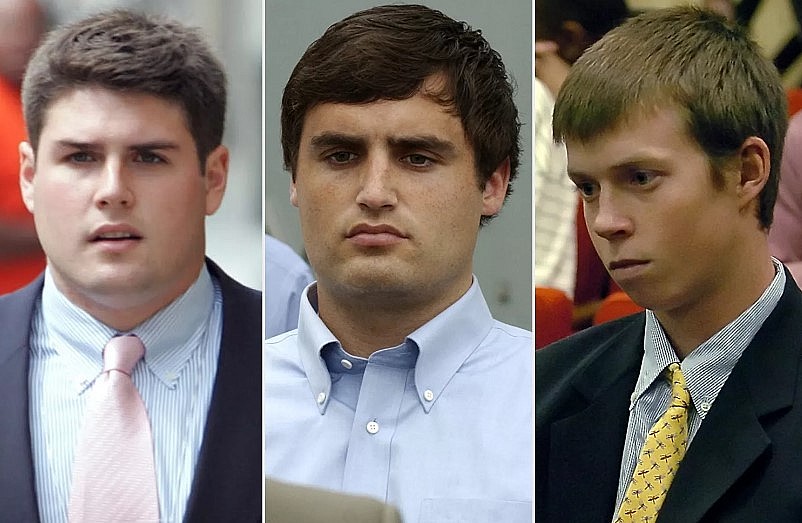 |
| Three former Duke University lacrosse players: (L-R) Reade Seligmann, David Evans and Collin Finnerty |
Crystal Mangum’s legal issues extended far beyond the Duke lacrosse controversy. In 2010, she was arrested for assaulting her then-boyfriend, leading to charges of attempted murder, arson, and child endangerment. Although the attempted murder charge was later dropped, the incident underscored her troubled personal life.
In 2013, Mangum was convicted of second-degree murder for the stabbing death of her boyfriend, Reginald Daye, during a domestic dispute. She was sentenced to 14–18 years in prison, a stark contrast to the leniency she had received after the collapse of the Duke case.
Mangum’s incarceration at the North Carolina Correctional Institution for Women has been marked by moments of reflection. It was here that she recorded her confession, offering a rare glimpse into her thoughts on the Duke case and her broader life struggles.
The Motivation Behind Her Confession
Mangum’s decision to admit her falsehoods in 2024 has raised questions about her motivations. Why now, after nearly two decades of silence and denial?
In her podcast interview, Mangum attributed her confession to a newfound understanding of faith and forgiveness. She described herself as “a living witness of God’s forgiveness” and expressed a desire to make amends with those she had wronged. Her apology to Seligmann, Finnerty, and Evans was both heartfelt and specific, acknowledging the profound harm her accusations had caused.
Observers have speculated that Mangum’s confession may also have been influenced by her ongoing imprisonment. With a projected release date of February 27, 2026, she may have seen this as an opportunity to seek redemption and improve her legacy before reentering society.
The Broader Impact of the Duke Case
The Duke lacrosse case remains a watershed moment in American legal and cultural history. It exposed the perils of rushing to judgment, the influence of race and privilege on public perception, and the ethical responsibilities of prosecutors and the media.
For the falsely accused players, the ordeal was life-altering. In the aftermath of their exoneration, Seligmann, Finnerty, and Evans pursued lawsuits against Duke University and others involved in the case, resulting in undisclosed settlements. Their experiences highlighted the devastating consequences of false accusations and the need for systemic safeguards to prevent similar injustices.
For Mangum, the case became both a defining moment and a cautionary tale. Her actions and the ensuing fallout serve as a stark reminder of the importance of truth and accountability in the pursuit of justice.
Conclusion
Crystal Mangum’s story is one of complexity and contradiction. From her modest beginnings in Durham to her rise as a central figure in one of the most contentious legal cases of the 21st century, Mangum’s life has been marked by controversy, remorse, and reflection. Her admission of falsehood in December 2024 offers a measure of closure to a case that has haunted the lives of many.
As she remains in prison, Mangum’s legacy is a subject of ongoing debate. For some, her confession represents a step toward redemption; for others, it is a reminder of the lasting damage caused by her false allegations. Regardless, her story underscores the profound impact of personal choices on individuals, communities, and the broader fabric of society.
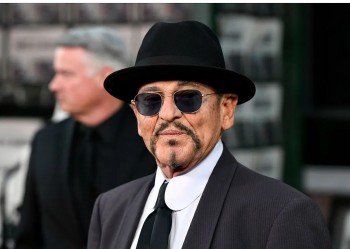 Who is Joe Pesci: Career, Love Story, and Net Worth Who is Joe Pesci: Career, Love Story, and Net Worth Joe Pesci, born on February 9, 1943, is an Academy Award-winning actor, comedian, and musician best known for his unforgettable performances in films like Goodfellas, ... |
 Who is Gukesh: Career, Achievements, and Net Worth Who is Gukesh: Career, Achievements, and Net Worth 18-Year-Old Gukesh Becomes Youngest-Ever Undisputed Chess World Champion |
 Who Is Briana Boston? Florida Mother Arrested For Threat To BlueCross BlueShield Who Is Briana Boston? Florida Mother Arrested For Threat To BlueCross BlueShield When a Florida mother called a health insurance company regarding a denied claim, she used the phrase "Delay, Deny, Depose" in apparent reference to the ... |
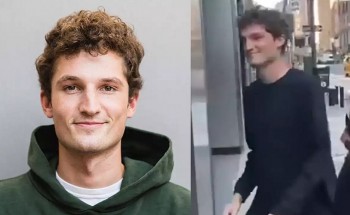 Who Is Connor Gaydos - New CEO of Enron: Early Life, Education, Career, and Net Worth Who Is Connor Gaydos - New CEO of Enron: Early Life, Education, Career, and Net Worth Connor Gaydos, a 28-year-old entrepreneur, is making waves as the new CEO of Enron, the infamous energy company that declared bankruptcy in 2001 after one ... |
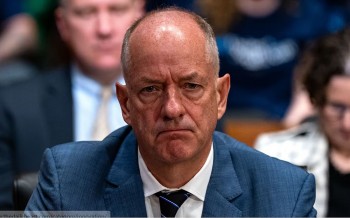 Who is UnitedHealth Group CEO Andrew Witty Who is UnitedHealth Group CEO Andrew Witty Andrew Witty, the CEO of UnitedHealth Group, has acknowledged that the American healthcare system, which has made him a multimillionaire, is "not perfect." Learn about ... |

